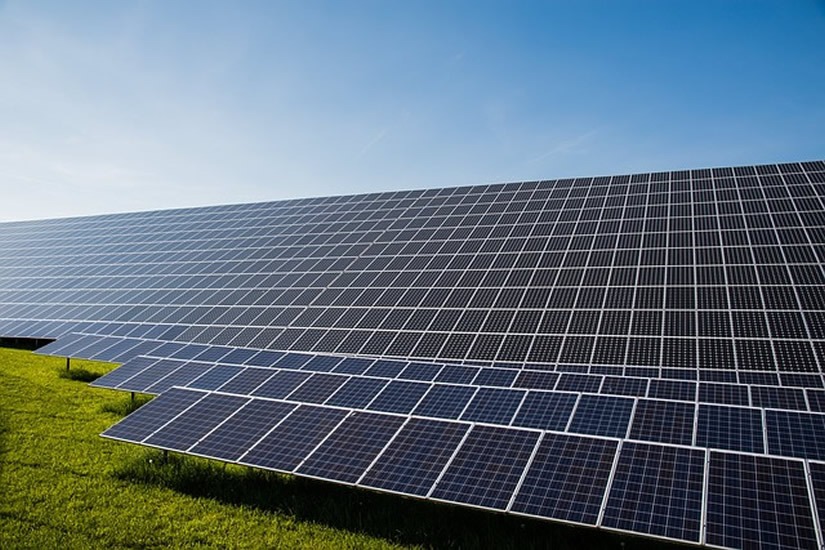By Orbex
The headlines from the OPEC+ meeting yesterday were that the cartel agreed to keep its policy steady. And technically, that is true. The Organization agreed to raise production (specifically, ‘ease cuts’) by 400K, starting in April.
This was a bit controversial in that the JMMC session just ahead of the meeting, ministers agreed to recommend a 432K bbl/day increase in production. An extra 32K bbl/day isn’t much in the grand scheme of things. This initially led some analysts to think that the cartel might be willing to start raising production faster given the high prices.
The thing is, OPEC+ did agree to adjust the size of the production increases at the May meeting. So what’s the issue now?
The production price problem
The reality about OPEC production agreements is that they don’t come into effect until a month later. Therefore, it’s not a good mechanism to deal with short-term supply-demand mismatches. For example, since Russia invaded Ukraine, a lot of buyers are suddenly hesitant to spend on Russian crude that might be sanctioned.
Prior to the OPEC+ meeting, the Biden Administration committed to increasing the amount of oil released from the Strategic Petroleum reserve to 1M bbl/day. That prompted an extraordinary meeting of the EIA, which will be happening later today.
Free Reports:
 Get our Weekly Commitment of Traders Reports - See where the biggest traders (Hedge Funds and Commercial Hedgers) are positioned in the futures markets on a weekly basis.
Get our Weekly Commitment of Traders Reports - See where the biggest traders (Hedge Funds and Commercial Hedgers) are positioned in the futures markets on a weekly basis.
 Download Our Metatrader 4 Indicators – Put Our Free MetaTrader 4 Custom Indicators on your charts when you join our Weekly Newsletter
Download Our Metatrader 4 Indicators – Put Our Free MetaTrader 4 Custom Indicators on your charts when you join our Weekly Newsletter
Doubts about commitments
Economists anticipate that the IEA will address how to increase short-term fuel availability in an effort to drive down prices. That is essentially how to implement the Administration’s policy.
The problem is, while the US has over 580M bbl in reserves, the infrastructure to draw down from it isn’t in place. Some analysts expect that the system can only handle an additional 500K bbl. And that’s aside from the fact that current US reserves are at their lowest since 2002.
The issue on the US side is that it’s not lacking in production. North American production is more than enough to satisfy local demand.
Global prices are high because of increased demand primarily in Europe, with decreased supply from Russia. The US is not integrated into that shipping network. In turn, this means that strategic releases from the US are likely to have a smaller impact in the short term. Even if the US were to ramp up exports to Europe, it would still take up to three weeks for the crude to make it across the ocean to European refiners.
Balancing out supply
One of the bigger challenges of addressing the price issue around crude is that the current conditions for high prices could be temporary. Both OPEC and the IEA expect a surplus to occur in a few months, and so does the industry. Investing in ramping up production now, only to see the price fall relatively quickly, is a poor investment.
That’s one of the reasons why the Biden Administration promised to buy back oil in the future to replenish the stocks. This essentially signals that demand will remain in order to induce higher production.
On the other hand, Russia’s deadline to start paying for oil with rubles is today. The method of payment proposed by Russia would technically allow European buyers to keep paying with Euros. However, it’s still debatable whether Europe will go along with it.
Test your strategy on how oil will fare with Orbex – Open your account now.
 Article by Orbex
Article by Orbex
Orbex is a fully licensed broker that was established in 2011. Founded with a mission to serve its traders responsibly and provides traders with access to the world’s largest and most liquid financial markets. www.orbex.com

- Bitcoin has dropped below $70,000. The Bank of Mexico held its rate at 7% Feb 6, 2026
- Gold Closes with a Decline for the Second Week in a Row: Fewer Risks Feb 6, 2026
- The British Index has hit a new all-time high. Silver has plummeted by 16% Feb 5, 2026
- GBP/USD Under Local Pressure: Focus on Bank of England Signals Feb 5, 2026
- Bitcoin has plummeted to a 14-month low. Silver jumped by more than 10% Feb 4, 2026
- Gold is Back in the Black: Geopolitics Dictates Conditions Again Feb 4, 2026
- US natural gas prices collapsed by 21%. The RBA raised its interest rate by 0.25% Feb 3, 2026
- What goes up must come down… Feb 2, 2026
- Donald Trump appoints a new successor for the Fed chair. Precious metals hit by sell-off Feb 2, 2026
- USDJPY Realises Correction: BOJ Policy Weighs on Yen Feb 2, 2026
